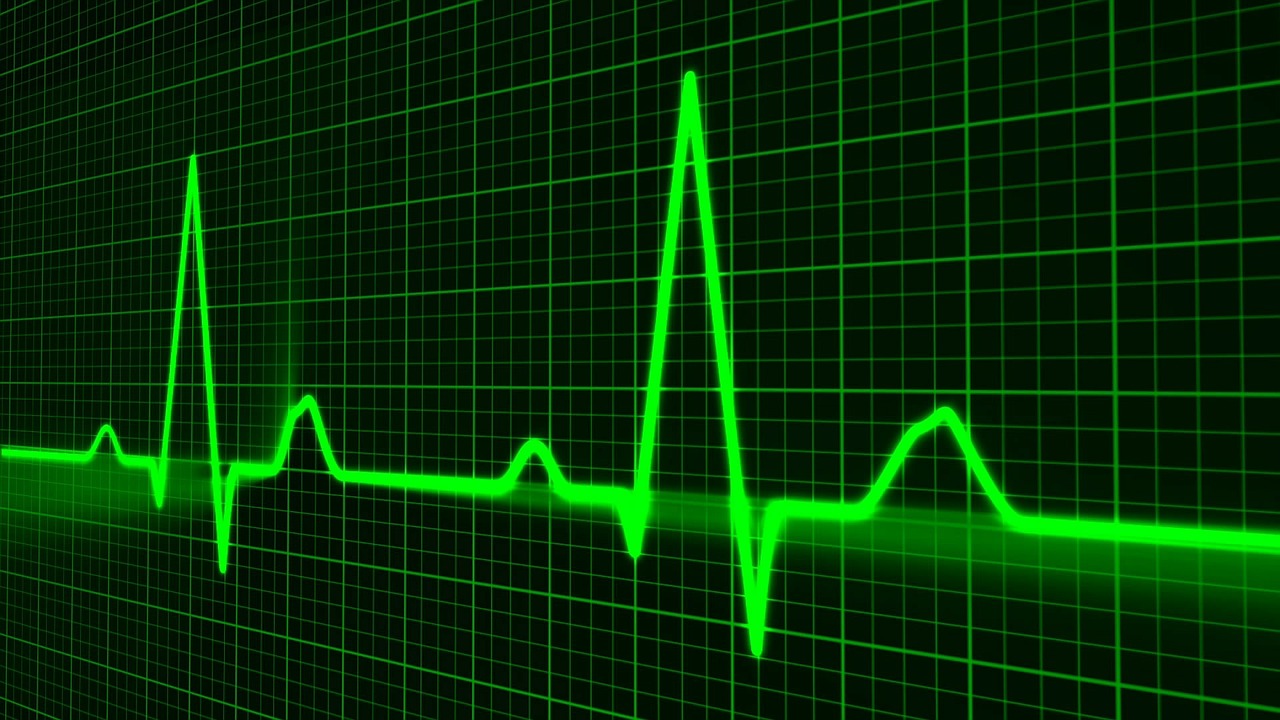
‘Cardiovascular Risk Management: Innovation in the 1st and 2nd line’ was the topic of ahti Connect on March 15. Speakers were Marleen Hendriks, Director of Innovation at Joep Lange Institute, and Sebastiaan Blok, Innovation Manager at Cardiologie Centra Nederland (CCN). Marleen Hendriks works together with ahti on a mobile application to improve Cardiovascular Risk Management and Sebastiaan works on a mobile application to help adults with a congenital heart defect to monitor from home.
Just do it!
An interesting discussion followed after the presentations, with the audience asking questions like: ‘Have you thought about low-literate people who will use the app?’ ‘How did GPs reacted to the idea of the app?’ ‘What will you do to involve them with implementation?’ ‘How do you convince them?’ ‘How do you convince health insurers?’ All good and relevant questions, Marleen and Sebastiaan agreed, but you need to start somewhere. ‘You can try to include everything you know in the first design, but we chose to develop a prototype first and now keep on improving it based on feedback and test results.’
Facilitating behavioral change by technology to improve health outcomes
In the Netherlands, cardiovascular disease (CVD) is the most expensive disease, yet often preventable. Bringing back health risk behaviors could prevent at least 80% of the disease. Drug treatment for CVD risk factors estimates to avert about 20% of CVD deaths. 77% of people that are prescribed drugs to lower cholesterol and prevent CVD do not adhere to treatment. Changing behavior is the challenge.
Nudging is a behavioral science concept, which states that positive reinforcement can influence the motivations and decision-making of a person or group of persons. Marleen uses this motivation technique for the mobile application that she and ahti are developing to nudge people into healthy habits. ‘Great, you’re doing well!’ is one of the notifications people receive.
The main goal of this application is that people can monitor from home. It reminds them to take their medicine, which saves time and money. The GP receives all the information, keeps an eye on the patient and intervenes when needed. Technology combined with insights from behavioral and medical science can facilitate healthy living in the overall population.
Better care and more insights by using technology
Sebastiaan Blok works at CCN, founded in 2006. CCN is an organization of independent treatment centers for cardiovascular diseases that distinguishes itself by aligning outpatient care with the needs of the patient and the referrer. People cannot imagine a life without a smartphone anymore. That is why CNN started to develop ‘HeartGuard’. This mobile application helps adults with a congenital heart defect to monitor from home. Using more technology helps people to offer more and better personal care and gives doctors and patients better insights.
Cardiovascular diseases in the Netherland
Cardiovascular diseases are in the top 3 of most important causes of death in the Netherlands. The numbers of 2017 are not available yet, but in 2016, 38.216 people (25,9%) of the 148.997 died because of this. Technology can play an important role by supporting people in healthy behavior, making monitoring from home possible and developing new forms of care between the first line (GP) and second line (hospital).
Transforming healthcare together
Ahti Connect brings the worlds of technology and care closer together. We give thought to how things can be done smarter, or better. Every month with a different theme and different speakers from the scientific and social field.
The next ahti Connect is on April 19, 2018 at the AHTC. Theme of this event is: ‘Healthtech startups: How to become a successful entrepreneur in healthcare?’ This event is in Dutch and there is limited space, so register now on Eventbrite!

